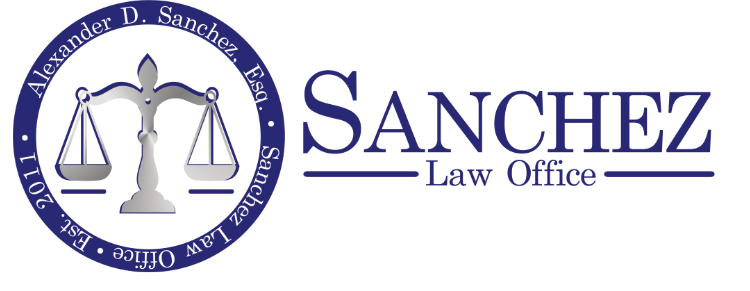Prosecutorial Discretion
Since 2011, at the direction of the Obama administration, DHS began a program to exercise prosecutorial discretion in detention and removal. Because of this, DHS is currently exercising greater discretion in detaining, initiating removal proceedings, terminating proceedings, and physically removing people from the U.S. DHS has established a priority system for enforcement.
Priority 1 (threats to national security, border security, and public safety)
These are (a) persons engaged in or suspected of terrorism/espionage or otherwise threaten national security; (b) persons attempting unlawful entry and apprehended at border/port; (c) organized crime or street gang involvement as defined under 18 USC §521(a); (d) felony convicts, not directly related to immigration status violations; and (e) aggravated felons.
Priority 2 (misdemeanants and new immigration violators)
These are persons with (a) 3 or more misdemeanor convictions (not minor traffic related or directly related to immigration status laws); (b) significant misdemeanors such as DUI, domestic violence, burglary, unlawful firearm possession, drug trafficking, sexual abuse/exploitation, 90 day + sentences; (c) persons apprehended while attempting an unlawful re-entry, where person cannot establish continuous residence in U.S. since Jan 1, 2014; significant abuse of visa or visa waiver programs.
Priority 3 (other immigration violations)
For persons issued a final order of removal under 8 CFR §1241.1 on or after Jan 1, 2014.
No Priority, But Important Federal Interest
Even if a person does not fall within one of the enumerated priorities, the government may still seek removal if doing so serves an important federal interest. Cost of removal does not impact federal interest test. Conduct of the individual is considered.
